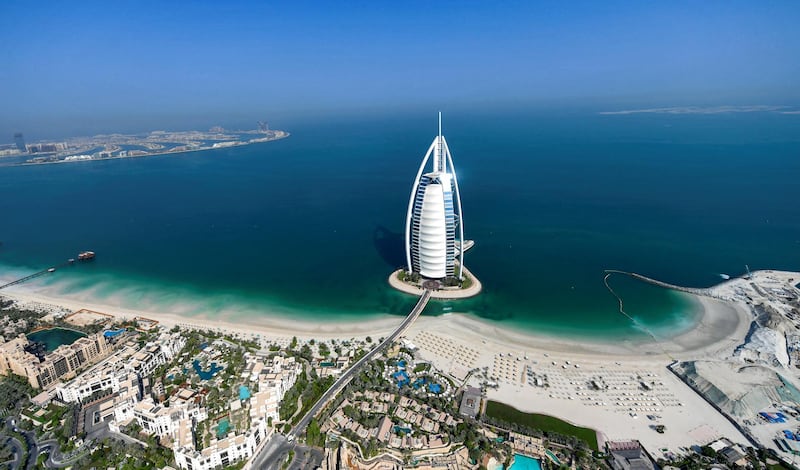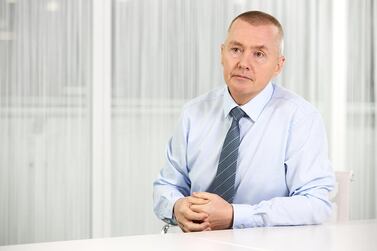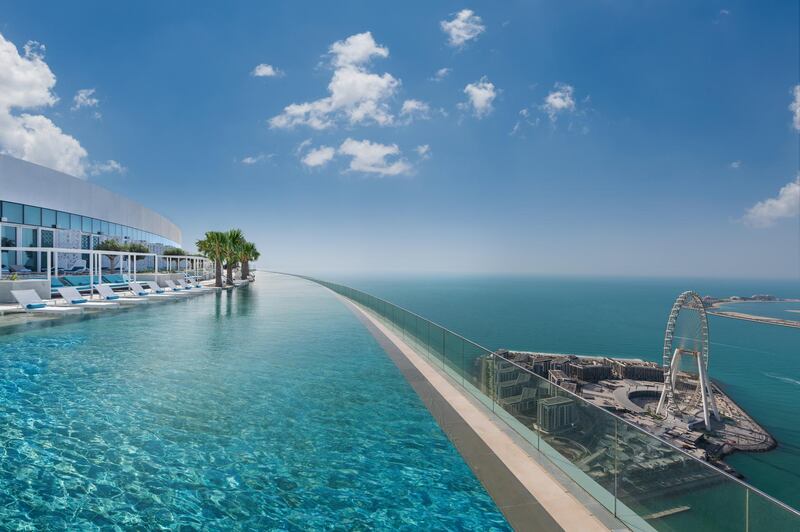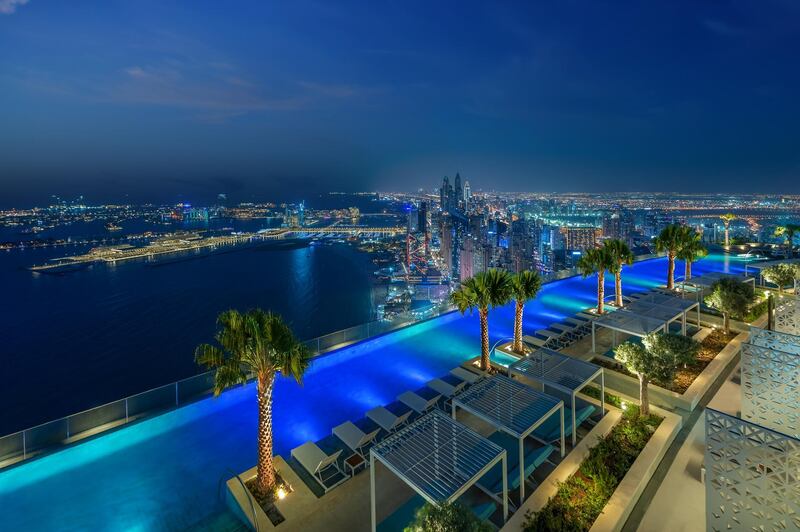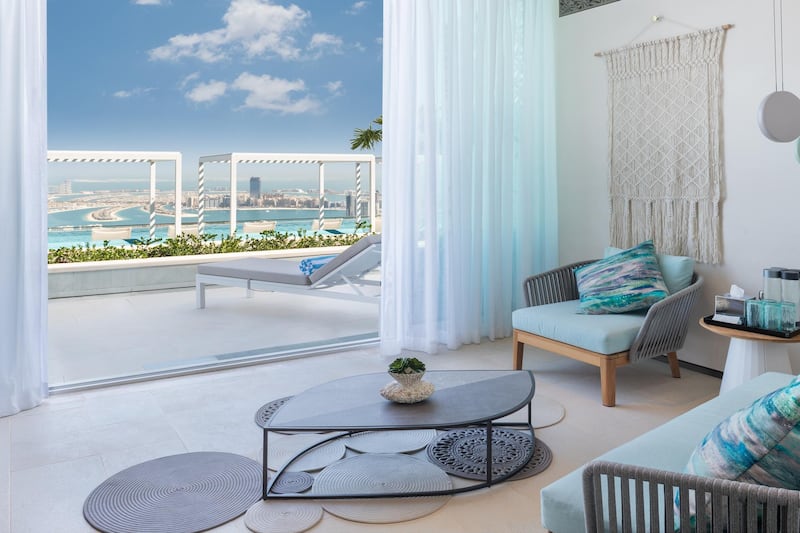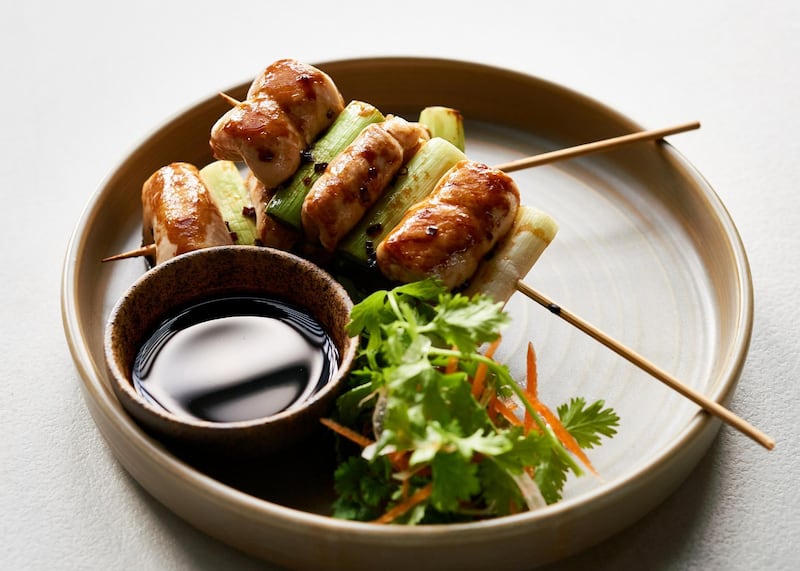Hotels in the UAE were the world's second busiest after China in 2020 due to government efforts to contain the spread of the Covid-19 virus, encourage domestic tourism and take measures to accelerate the sector's recovery, the Ministry of Economy said.
The country hosted 14.8 million guests who spent an average of 3.7 nights at 1,089 establishments last year for a hotel occupancy rate of 54.7 per cent, according to the World Tourism Organisation and the Emirates Tourism Council.
“The UAE was able to quickly contain the outbreak’s impact on the local tourism sector,” said Belhoul Al Falasi, chairman of the Emirates Tourism Council and Minister of State for Entrepreneurship and SMEs.
“The country’s success was a result of relying on innovation and agility in its efforts to provide incentives, launch initiatives and create opportunities to accelerate the recovery of the tourism sector and boost its contribution to gross domestic product.”
The UAE – a regional tourism hub – outpaced the global average occupancy rate of 37 per cent and the Middle East’s 43 per cent, according to WTO and ETC data.
The global tourism industry was among the hardest hit by the pandemic, which shut borders, grounded aircraft and dented travel demand.
Chinese hotels grabbed top spot with an occupancy rate of 58 per cent while the US was third at 37 per cent.
Rounding off the top five where Mexico with 32 per cent and Turkey with 30 per cent.
Hotels in the UAE embarked on campaigns to promote domestic tourism, which contributed Dh41 billion ($11bn) to the national economy last year – a figure that is expected to double over the next few years, the Ministry of Economy said.
“Strengthening domestic tourism is essential for ensuring the tourism sector’s full recovery and driving faster economic recuperation,” said Mr Al Falasi.
“The UAE can benefit from its advanced infrastructure, modern facilities and wide range of services and activities to promote itself as a tourist destination with a lot to offer visitors – be they UAE residents or travellers from abroad.”
The data also showed that the UAE suffered the smallest decline in tourist traffic last year, with activity falling by 45.2 per cent.
Thailand recorded the biggest drop (83 per cent), followed by the UK (82 per cent), Spain (78 per cent) and the US at 77 per cent.
The next stage of the sector’s rebound will include initiatives to maintain its strong performance and boost recovery, said Mr Al Falasi.
The UAE’s “world’s coolest winter” campaign that began last year attracted about a million domestic tourists and generated Dh1bn in revenue.
Now, it will focus on international tourists once global lockdowns are lifted.
“The tourism sector’s accomplishments over the past year are a result of the notable efforts made by all relevant parties to promote the sector at the federal and local levels,” said Mr Al Falasi.
The UAE is among the top countries in terms of Covid-19 vaccination rates and testing, which have helped to create a safe environment for tourists, he said.
The country had vaccinated 8,923,543 people, with a vaccine distribution rate of 90.22 doses for every 100 people as of Friday.
